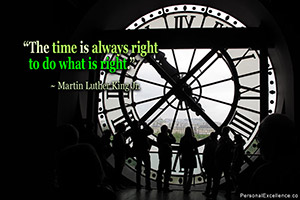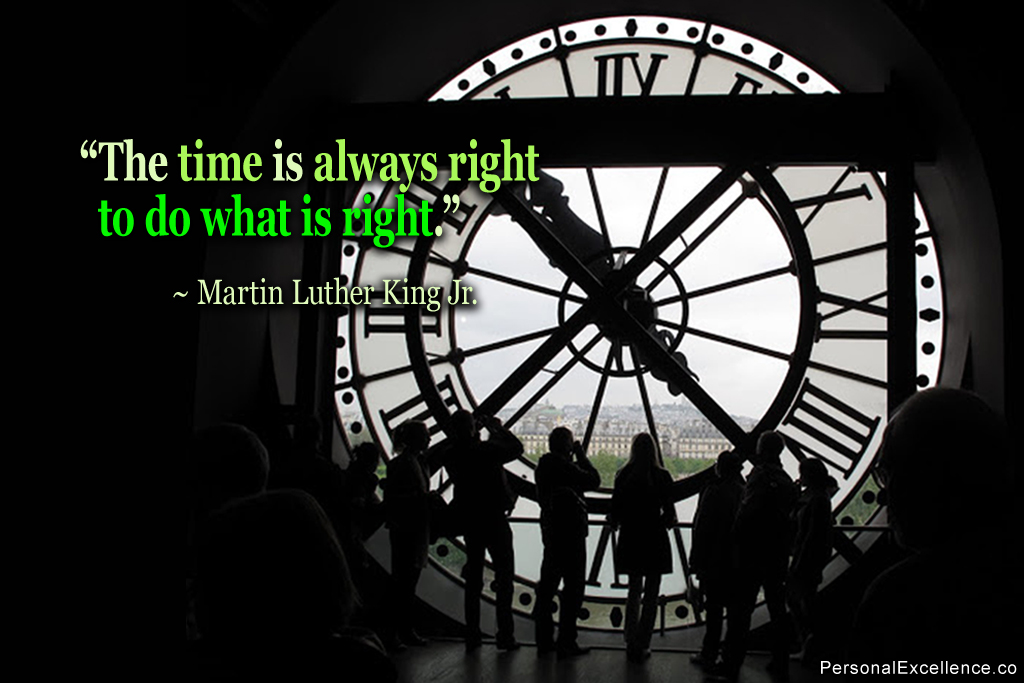This is part 1 of a 4-part series on how to improve your relationship with your parents.
- Part 1: How I Found Peace in My Relationship with My Parents, Part 1: A Child’s Wish
- Part 2: How I Found Peace in My Relationship with My Parents, Part 2: A Pervasive, Widening Gap
- Part 3: How I Found Peace in My Relationship with My Parents, Part 3: Revelations and Happiness
- Part 4: How To Improve Your Relationship With Your Parents: A Delicate Guide

Forenote
(Jul 12, 2011) — Some of you may have noticed that I’ve never written about my parents or my relationship with them on the blog. It’s not by intention; it’s just that there has never been a reason to write about them. That is, until recently, as I start gaining resolution in other areas of my life. Today’s post marks the first time I share in detail about this as-of-yet-unknown side of my life.
I foresee this to be the first of many posts to come where I share the inner part of my life. With PE, I want to create a safe space where all of us can openly discuss our problems, vulnerabilities, fears, and passions, without judgment from anyone. I want all of us to be unafraid to say what we feel on the inside.
Whereas others may see the sharing of emotions and desires as being weak and vulnerable, I see this as a strength, because it is from our emotions that we draw our greatest power in life. Don’t ever let anyone tell you otherwise. To show our emotions, to be vulnerable, to open ourselves fully without holding back, is the most beautiful thing we can ever do. It is by bearing yourself that you progress in your growth and become a stronger person. The more you open yourself up, the more you’ll grow.
I look forward to connecting with more of you as we progress in our life journey. Here’s to an extremely exciting journey ahead. :)
How I Found Peace in My Relationship with My Parents
Have you ever wished for a certain kind of relationship with your parents? Say, a relationship where they are mentors to you? A relationship where they are like your friends, on top of being parents? A relationship that is deeper and closer than what you have today?
A Child’s Wish — A Deep Wish
For a long time, one of my deepest wishes for my parents was for them to be my best friends. That beyond them being parental figures to me, I could connect openly with them; share all my deepest thoughts, fears, and passions; have meaningful discussions; and make decisions about my life together.
I think it took root when I was young. Watching dramas and TV shows, Chinese and American ones alike, and witnessing the bonds the children had with their parents/family — these left a really deep impression on me.
I remember watching Chinese drama serials and thinking it was so heartwarming how the families would have dinners together at the dinner table every day, update each other on what was going on in their lives, discuss the things on their minds with one another, and laugh and bond over their meals.
I remember watching Buffy the Vampire Slayer, one of my favorite shows when I was young, and thinking how nice it was that Buffy and her mom Joyce could talk the way they did. For example, Buffy’s mom (who was divorced) could talk to Buffy openly about her dates. Buffy would share her secrets with her mom, and Joyce would know Buffy’s inner circle of friends. They would have conversations, actual conversations about each other’s life. Besides being a mother and daughter to each other, they were close friends too.
I remember watching Charmed and thinking it was so sweet that the Halliwell sisters never failed to support each other, both physically and emotionally. Each sister could rely on the others to be there when needed. They would discuss their relationship woes, life dilemmas, work problems, etc. with one another. Not only were they sisters, but they were also best friends.
I remember watching participants on reality shows like American Idol, Singapore Idol, The Bachelor, and The Apprentice and feeling awed when they cut to scenes of the participants with their families. The participants and their parents would talk openly, hug, and express care and concern for one another. It was inspiring to me.
Disparity Between Vision and Reality
Yet for some reason, my relationship with my parents through my teens and 20s was not that all.
In fact, it was the direct opposite. Looking back, I would classify our relationship as dysfunctional, and pretty much irreparable.
While normal families would have conversations, we wouldn’t do that. We would talk, and no sooner start snapping, yelling, or screaming at each other — sometimes even with expletives. Many times my mom, who has a highly abrasive personality, would snipe at me with some sarcastic comment, while I’d respond by rolling my eyes. It seemed like there was some serious generation gap, some deep chasm between us that was impossible to bridge with words.
While normal families would talk to one another at least once a day, we would go for months without ever talking, because there was nothing to be communicated. While normal families would have meals together at the dining table every evening, we wouldn’t do that. We would eat at different times, and where we see fit — usually the bedroom for me, the living room for my dad, the dining room for my mom, and for my brother not at all, as he would work late and get his own dinner.
While normal families would talk about what’s going on in their lives, we wouldn’t do that. Our conversations were limited to relaying functional needs, such as what to buy/eat for dinner and the help needed to run certain errands. These would usually elicit mono-syllabic replies like “Yes,” “No,” and “Maybe,” after which the communication would end.
We knew empirical facts about each other — like birthdays and general life history — but in terms of our innermost thoughts, motivations, desires, worries, and greatest passions? No. My parents had no idea what was going on in my life, and neither would I know what was going on in theirs.
While normal families would go on outings, even vacations, we wouldn’t do that. We stopped going on family outings when I was 5 or 6 — the last photos I have of us together, smiling, were from when I was 5. The only time we would go out as a family was during Chinese New Year because we were bound by tradition to do so.
It would seem that there was a huge mismatch between my ideal vision for my relationship with my parents, and reality.
Sadness and an Unfulfilled Wish
It was actually quite sad for me for a while. I never talked about it with anyone, but deep down I had always wished for a more meaningful relationship than whatever I had with my parents — if it could even be considered a relationship to begin with.
Like fallen leaves that would sink deep into the forest undergrowth, these feelings lay deep in the bottom of my heart, never articulated to anyone.
Our relationship was purely functional — my dad is my dad, my mom is my mom, and both of them are my parents because they gave birth to me. That was it. Besides the biological link, they have also fulfilled their base responsibilities as parents — they raised me, kept me fed and clothed, and put me through school. My dad financially supported me before I started earning money and inculcated good moral values in me as a child. I could never have asked for more in this regard.
But the emotional aspect of the relationship was missing. Deep down, I yearned for an emotional connection — one that transcended normal parent-child roles, one that involved open communication, where they were my best friends in the world whom I could share anything and everything with.
I wished I could tell them about my passions in life, and how I love growing and helping others to grow.
I wished I could tell them how much I love them, and how they were the best parents I could ever have in this world.
I wished I could tell them all my big goals and dreams, many of which involve being the best I can be, so that they would know that I have applied every single thing that they have taught me.
I wished we could hug each other openly and freely, the way families who love and care for each other would.
I wished we could have a proper conversation, one that wouldn’t end with someone shouting or screaming.
I wished we could talk openly about everything under the sun, without feeling like we had to hold back or hide anything from each other.
I wished I could let them know how well I am doing in my goals — how well I did in my studies (when I was studying), the awards I had won, how I was selected to work at one of the best companies in the world (when I was in university), how I’m in the dream career of my life today, and how prominent my work has become (online) so that they would know that I’m the best daughter they could ever have.
I wished I could tell them how they had done the best job they could ever do in raising me, and how I would never want any other parents but them.
For whenever I saw my parents, I would feel that there was so much I wanted to tell them, but all that would be stuck in my throat, unable to be expressed in words. Any attempts to express them would result in frustration, unhappiness, and violent outbursts of anger from one another.
My wish as a child remained unfulfilled throughout my childhood, teenage years, and even entering into adulthood. In fact, if it was even possible, the chasm between my vision and reality would widen as I grew older.
Continue on to Part 2: A Pervasive, Widening Gap
This is part 1 of a 4-part series on how to improve your relationship with your parents.
- Part 1: How I Found Peace in My Relationship with My Parents, Part 1: A Child’s Wish
- Part 2: How I Found Peace in My Relationship with My Parents, Part 2: A Pervasive, Widening Gap
- Part 3: How I Found Peace in My Relationship with My Parents, Part 3: Revelations and Happiness
- Part 4: How To Improve Your Relationship With Your Parents: A Delicate Guide
(Image: Family running)









 Thanks for reading. If you like my free articles, join my private email list and get my latest updates and articles sent right to your inbox.
Thanks for reading. If you like my free articles, join my private email list and get my latest updates and articles sent right to your inbox.